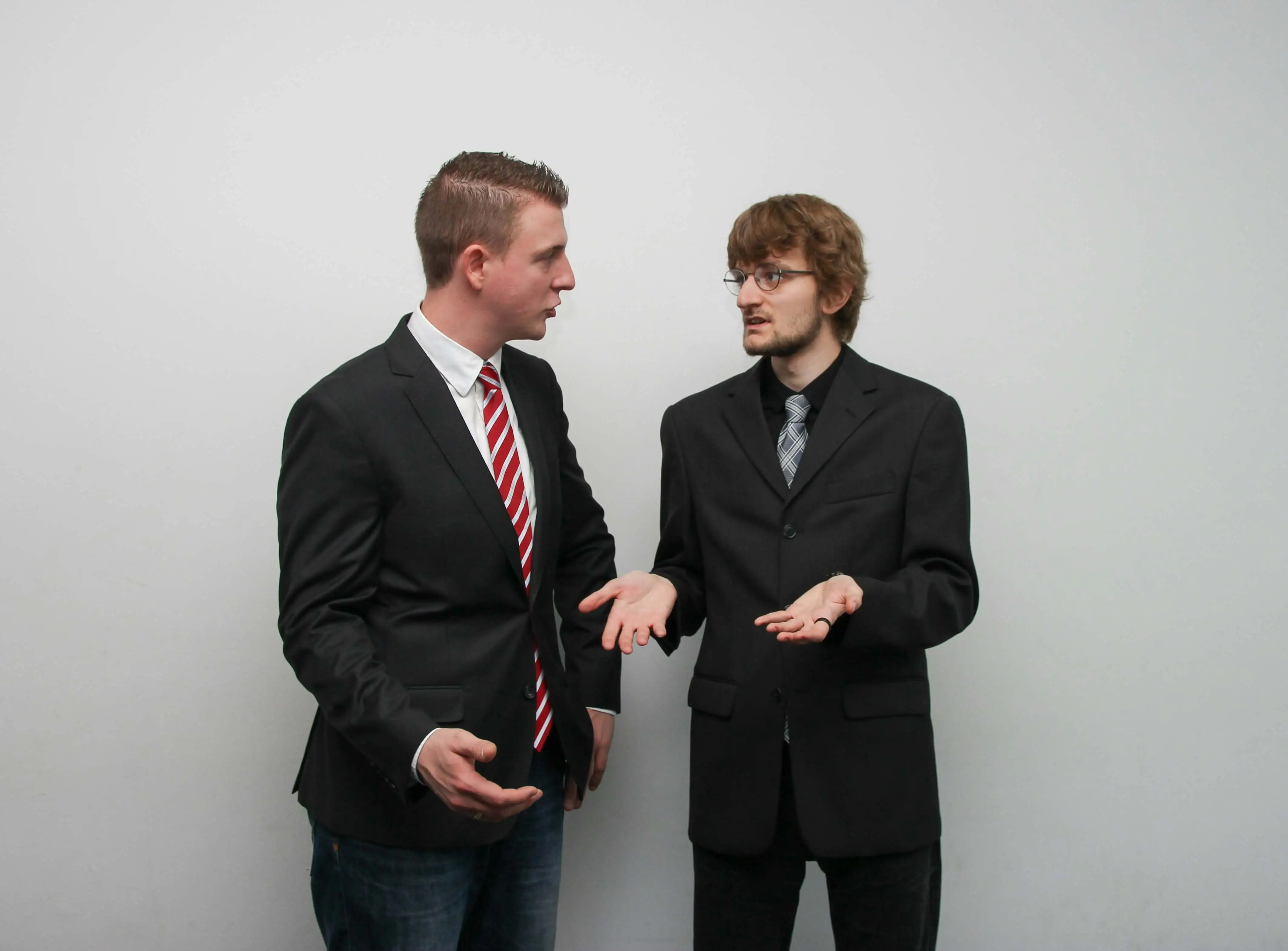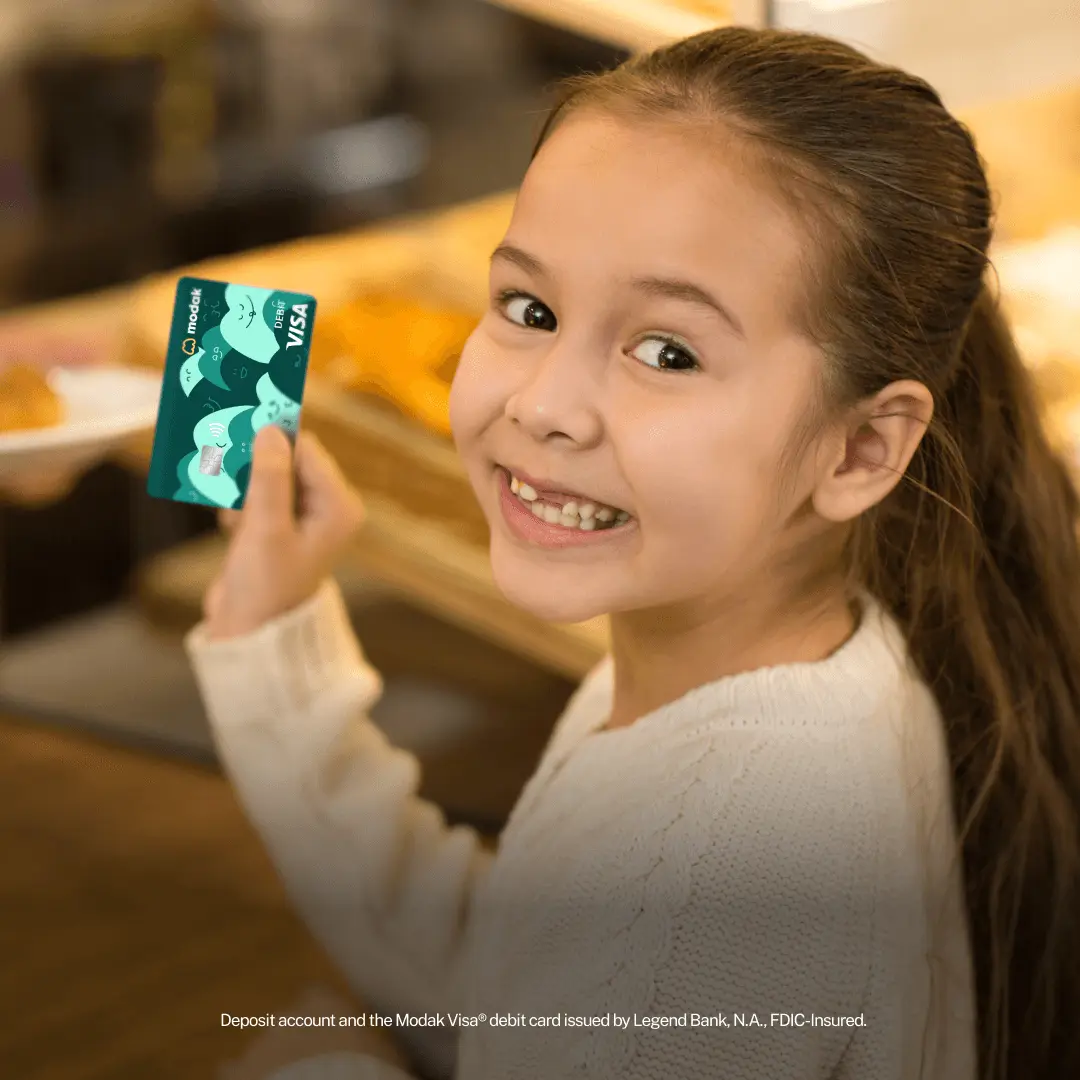📝 Using the STAR method helps teens answer situational interview questions clearly.
😌 Practicing stress and conflict responses shows employers maturity and problem-solving.
👔 Dressing neatly and bringing a resume, references, and a notebook leaves a strong impression.
Preparing for your first job interview can feel intimidating, but it doesn’t have to be. Whether you're facing situational job interview questions or wondering how to handle stress job interview questions, this guide will help you prepare for your interviewer.
We’ll also cover important topics like how to list references on a resume, answering tough questions like how do you deal with conflict interview question, and tips for your 2nd round interview questions. Plus, discover how Modak makes managing your earnings easy with a teen-focused debit card.
A situational job interview focuses on how you handle real-life work challenges. For example, you might be asked, “Describe a time when you solved a problem.” These questions look for your problem solving skills examples and ability to think on your feet.
Use the STAR method for teens to answer:
This approach helps you organize your thoughts and clearly explain your experience, even if it’s from school projects, chores, or extracurricular activities.

Questions like how do you handle stress interview question or how do handle stress interview question are common because employers want to know if you can stay calm under pressure.
To answer:
Showing you can stay calm and focused during stressful moments shows maturity and readiness for work.
Knowing how to list references on a resume correctly can make a positive impression:
Employers often request references during the hiring process, so having this ready is a professional touch.
How Modak supports you after your first job
💳 Modak gives teens a Visa® debit card to manage paychecks and side gig earnings.1
🎯 Teens can earn MBX points daily through chores, quizzes, and 5,000-step walking goals.3
📱 The app helps track spending, save toward goals, and build lifelong financial habits.
The question how do you deal with conflict interview question tests your teamwork and communication skills. Here’s how to respond:
This shows you’re capable of handling tough situations at work maturely and effectively.
You might hear greatest strength and weakness interview questions. Be honest but positive:
This shows self-awareness and willingness to grow.

When the interviewer asks if you have questions, it’s your chance to shine. Prepare things to ask a recruiter like:
Good questions show you’re interested and engaged.
Some interviewers ask silly interview questions to see how you think creatively or stay calm. Don’t get thrown off—answer honestly or with light humor, but always stay professional.
If you’re applying for a tech-related job, be ready for what are your IT strengths and weaknesses questions. Mention specific skills you have (like typing, basic software knowledge) and areas you’re learning.
If you make it to the 2nd round interview questions, prepare to dive deeper:
For teens, dressing appropriately matters. For a first interview, neat casual is usually fine, think a clean shirt or blouse and pants. Avoid overly casual clothes like ripped jeans or graphic tees.
Bring a copy of your resume, your references sheet, and a notebook for notes.
Landing a job means earning money, and managing it well is just as important. Modak offers a Visa® debit card1 designed just for teens, letting you track your earnings, get paid for chores or side gigs, and save toward goals, all with parental support through one app.
The Modak app helps you stay organized, save toward goals, and even get paid for chores or side gigs, all with parental support.
Besides that, you can earn extra money every day by completing daily challenges and reaching Modak’s walking goal of 5,000 steps. If you commit to building great financial habits for life, you can earn up to 70 MBX each week(2)(3).
With Modak, your first job is not just about earning money but learning how to manage it like a pro.

Practice common questions, dress neatly, prepare questions to ask, and show enthusiasm and confidence.
It’s a way to answer situational interview questions by explaining the Situation, Task, Action, and Result.
Bring your resume, a list of references, a notebook, and dress neatly.
Wear clean, casual but tidy clothes like a polo or blouse with pants or jeans.